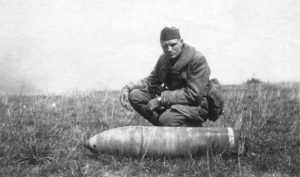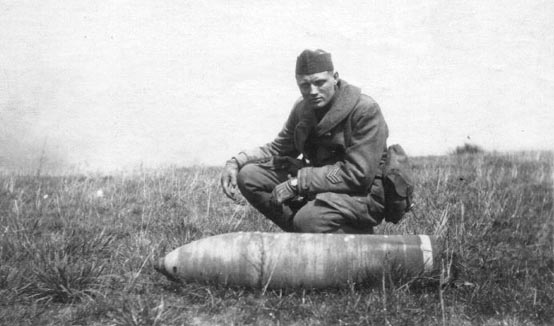 To Lawrence Smith Butler
To Lawrence Smith Butler
C/o Brown Shipley & Co.
123 Pall Mall, London.
Oxford, England. November 13, 1915
Dear Lawrence,
Mrs Potter writes me that you have lost your mother, and I know what a great sorrow that must be for you. For almost anybody the death of a mother cuts deeper than any other bereavement, it strikes more at the roots of one’s life and seems to require a new beginning and almost a new character in oneself. One becomes a senior, a person of the older generation, whose past is buried out of sight of the world, and has become strange and mysterious to other people, and almost to oneself. But in your case there must be something more, because you all lived in such complete sympathy, like contemporaries, and all kept young together. Your mother was one of the most perfect and ideal mothers I have ever seen, absorbed in her children and living their lives without sentimentality and without interfering with their liberty. She deserved what she obtained, which is so rare, that you all remained about her after you were grown up, not from necessity, but by instinct and through affection. I am sure you must have made her as happy as she made you.
. . . Now perhaps you will get married at last, as we have all expected you to do these many years. No doubt for the present you are not thinking of that. If you feel lost and troubled by the foolish noise and flurry that you probably see about you, in that extraordinarily loud New York, it occurs to me that you might find something to do that would at once be worthy of your sorrow and help you to forget it if you came to France and did some work for the wounded. Mr Harjes (of Morgan Harjes) has an American ambulance in which some of my young friends have been employed; and if you had your own motor perhaps you might join some purely French ambulance corps, if you preferred that. I believe my friend Pierre Abreu has done so. Those who have helped in France all seem to be very much deepened and steadied by it, as are the French themselves by this war. I am not one of those who say that anything so fearful is good for people, better than what they might have seen and felt in times of peace: but it certainly contains compensations for all the hardening and suffering which it brings—that people live in the presence of the terrible realities of this world, instead of nursing their comfortable illusions.
The war has made me very unhappy, and incidentally has upset all my plans. I have found nice lodgings in Oxford (where I have always liked to live) and am waiting for the storm to blow over. I may go to America for two months next year, if the war lasts; but I am longing, when peace returns, to go back to Paris, Spain, and Italy. Now the journey is troublesome, and I don’t want to be nearer the horrors of war (since I am useless) than I can help. Here we feel much bitterness and disappointment at the course things are taking, but the young people are splendid, and material life goes on much as usual.—How nice it would be if you should come here for a few days! You probably have no idea of how much affection—at least for me!—I have always felt for you, and what an unmixed pleasure it is to remember you, as I do very often.
Yours affectionately
G Santayana
P.S. Excuse this scrawl in pencil. I am writing at a country inn, one of those to which I now walk out to lunch whenever the weather is fair—to lunch on bread and cheese and a glass of beer, which is all these places afford. But the skies and fields are very beautiful, and I like the solitude.
From The Letters of George Santayana: Book Two, 1910-1920. Cambridge, MA: The MIT Press, 2001.
Location of manuscript: The University Club, New York NY.
